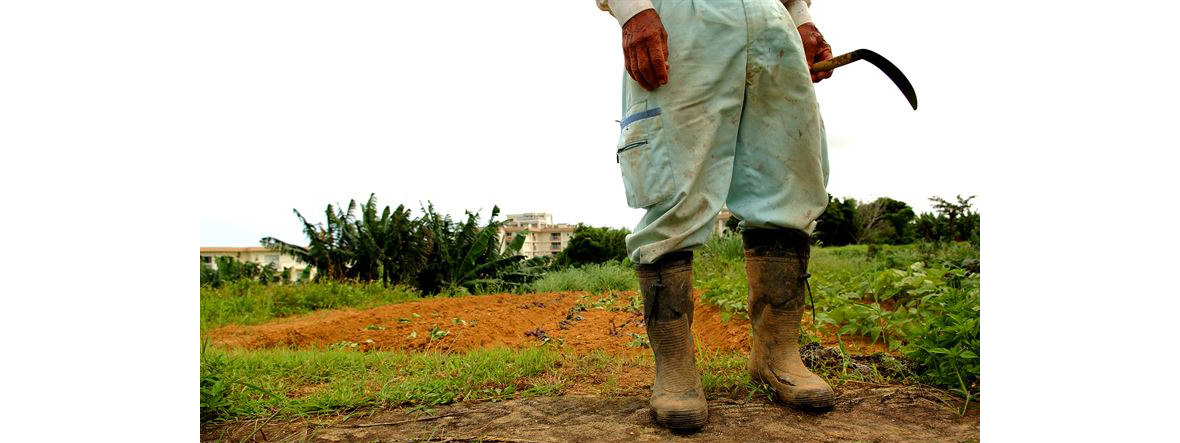Food security and sovereignty

Pedro Santana
Sociologist, philosopher and researcher at the South Latin American Corporation, member of the International Biocivilization network
Before presenting the next two concepts, they must be well defined and therefore present their main differences. There’s no doubt, that both concepts consider the vital importance of satisfying and protecting the Human right that all people must have access to the food and supplies they need to cover up their biological necessities of their existence.
However, when studied separately, food security is known as the physical and economical access to food in every moment, with sufficient nutrients to satisfy the biological needs of all people, so they can go on with a healthy and active life, assures the FAO. On the other hand, food sovereignty considers facts on terms of self-sustainability of the local, regional and national communities to produce their own nourishment; so, they can provide themselves with enough quantity and quality.
This last one, englobes six core aspects that will help to further conceptualize this term. This core aspects are that food sovereignty centers on the nourishment for the people, adds value to all food providers, localizes the nourishment systems, positions the control in a local level, promotes the knowledge and abilities and at last, it is compatible with nature.
There are two things to differentiate one concept from another, one would be that food sovereignty seeks to bring out the asymmetry of power among the market and the spaces of power than conjure within them, such as in multilateral commercial negotiations. Also, it centers on how to produce food, with a prior orientation towards small scale agriculture, including activities as livestock, forestry and fishing; it discriminates the industry, it prefers to be organic and it migrates towards a concept of Agroecology.
The concept of Food Sovereignty has strengthened in the last years, with greater emphasis in the abuses of power of this economic segment. The subject on how the production of food is a matter of politics and it depends on the level of correlation among the forces that exist in each one of our countries. Therefore, food sovereignty seeks to burst the actual practices in the agriculture market and against the actual public politics of the states, that subsidy in favor of the agribusinesses instead of thinking of the small producers.
Food Sovereignty incorporates the rights of choosing the relative politics of distribution and food consumption, and the right for people to access nourishment in a more healthy and cultural aspect, obtained throughout sustainable and ecological methods, such as the right of these people to define their own agricultural food systems (World Forum on Food Sovereignty, 2007).
When supporting the small producers, there can be seen the articulation of many isolated problems regarding world hunger; because as it is well known it isn’t a problem of provision or supply, but a matter of poverty, absence of democracies and the unequal access to land, water and other resources; especially for women. To this day, 90% of the agriculturists produce more than 80% of the food that will be consumed in developing countries, especially in Asia and Sub- Saharan Africa.
The doctor in anthropology with the thesis “The Political Ontology of Seeds: Seed Sovereignty Struggles in an Indigenous Resguardo in Colombia” by the University of North Carolina in Chapel Hill, Laura María Gutiérrez Escobar; said there are great challenges when putting to practice food sovereignty that are: recognizing the counterhegemonic potential of food sovereignty, reform the National State, achieve the transformation of food systems from their subjectivities and everydayness and at last, to connect the diverse local initiatives of food sovereignty without forgetting the particularities of this battles and demands in order-to accomplish wider processes in the regional and global level.
With these, it will be necessary to join efforts from regional governments and the actual farmer movements to fight then, the real causes of world hunger and therefore claim once again the importance of the small producers.








































































